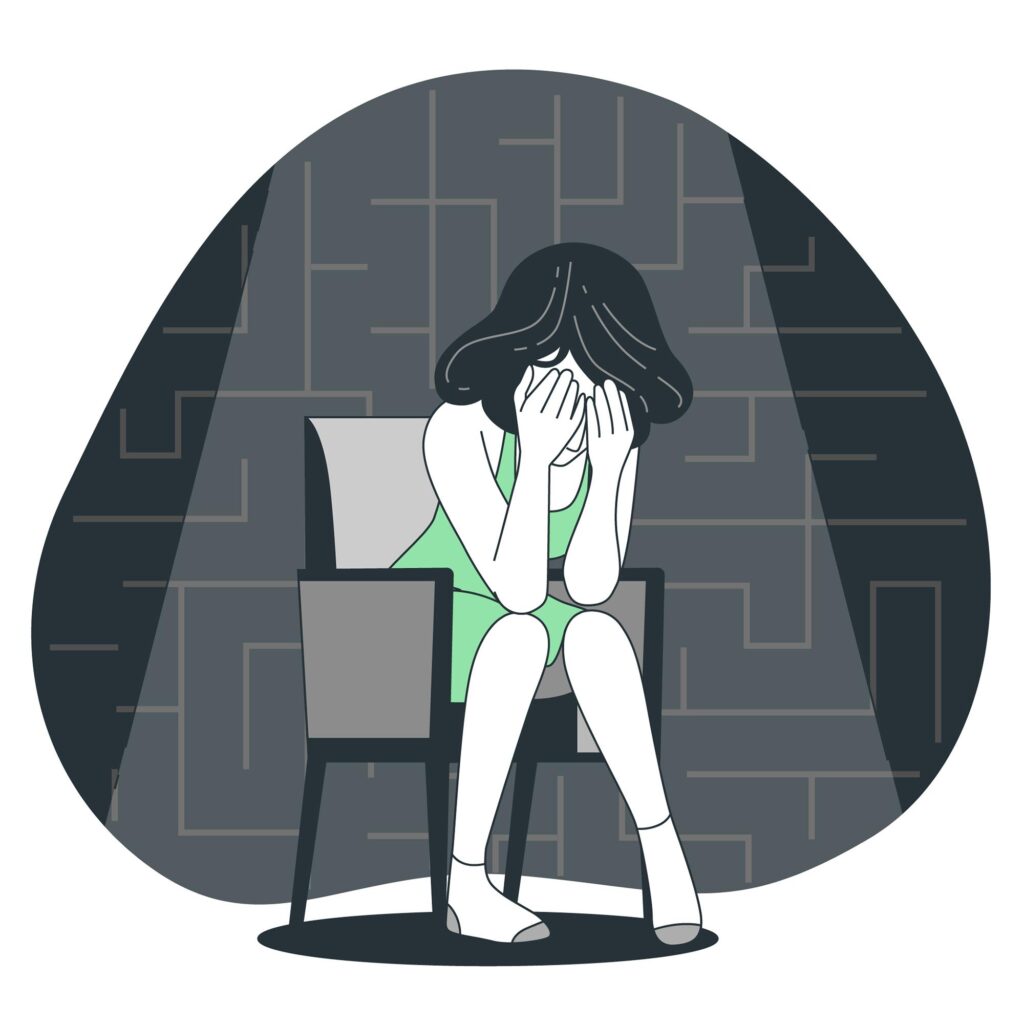Treatments Mental Disorders Depression

Understanding Depression: A Pathway to Hope and Healing
Depression is a treatable condition, and reaching out to a healthcare professional is the first step towards healing. It's essential to remember that seeking support is not a sign of weakness but rather an act of courage and self-care. Friends, family, and support groups can also provide invaluable emotional support during this challenging journey.
Depression is a pervasive mental health condition that affects millions of people worldwide. It is more than just feeling sad; it is a complex interplay of emotions, thoughts, and physical symptoms that can significantly impact a person’s daily life. In this article, we delve into the depths of depression, shedding light on its causes, symptoms, and available treatment options. By fostering understanding and awareness, we hope to pave the way for compassion and support for those battling this silent struggle.
What is Depression?
Depression is a mood disorder characterized by persistent feelings of sadness, emptiness, or hopelessness. It goes beyond the normal ups and downs of life, lasting for weeks, months, or even years. It affects not only the individual but also their relationships, work, and overall quality of life. Depression can manifest differently in each person, but common symptoms include a loss of interest or pleasure in activities, changes in appetite and sleep patterns, fatigue, difficulty concentrating, and thoughts of self-harm or suicide.
Causes and Risk Factors:
Depression is a multifactorial condition, influenced by a combination of genetic, biological, environmental, and psychological factors. Some individuals may be more prone to depression due to a family history of the disorder or certain chemical imbalances in the brain. Life events such as trauma, loss, chronic stress, or major life changes can also trigger or contribute to depressive episodes. Additionally, certain medical conditions, hormonal changes, and substance abuse can increase the risk of developing depression.
Seeking Help: The Importance of Support:
If you or someone you know is experiencing symptoms of depression, it is crucial to seek help. Depression is a treatable condition, and reaching out to a healthcare professional is the first step towards healing. It’s essential to remember that seeking support is not a sign of weakness but rather an act of courage and self-care. Friends, family, and support groups can also provide invaluable emotional support during this challenging journey.
Treatment Approaches:
Treatment for depression typically involves a combination of psychotherapy, medication, and lifestyle modifications. Psychotherapy, such as cognitive-behavioral therapy (CBT) or interpersonal therapy (IPT), helps individuals identify and modify negative thought patterns, develop coping mechanisms, and enhance problem-solving skills. Antidepressant medications, prescribed by a qualified psychiatrist, may be used to rebalance brain chemistry, and alleviate symptoms. Additionally, making positive changes in lifestyle, such as regular exercise, healthy eating, and stress management, can contribute to overall well-being.
Homeopathic Approaches:
Homeopathy is a system of medicine based on the principle of “like cures like” and the belief that the body has an innate ability to heal itself. Homeopathy recognizes the interconnectedness of the mind, body, and spirit and aims to address the underlying imbalances contributing to depression.
Individualized Treatment:
One of the fundamental principles of homeopathy is individualization. At Dr. Singh’s Homeopathy we carefully assess the patient’s unique symptoms, emotions, and overall constitution to prescribe a personalized remedy. Unlike a one-size-fits-all approach, homeopathy recognizes that each person experiences depression differently, and their treatment should reflect that individuality without any drug dependency.
The Power of Support Networks:
Living with depression can be an isolating experience, but building a strong support network can provide a sense of belonging and understanding. Connecting with individuals who have had similar experiences can offer a safe space for sharing and receiving support. Online communities, local support groups, and therapy groups provide opportunities to connect with others who can empathize with the challenges of depression.
Self-Care and Coping Strategies:
Engaging in self-care practices is crucial for individuals living with depression. This can include activities that bring joy, relaxation, and a sense of fulfilment, such as hobbies, creative outlets, spending time in nature, or practicing mindfulness, meditation and incorporating a balanced diet rich in fresh fruits, vegetables, and omega-3 fatty acids. It is essential to prioritize self-care and establish healthy boundaries to protect one’s mental and emotional well-being.
Breaking the Stigma:
Depression, like any other mental health condition, carries a significant stigma in society. It is essential to challenge these stigmas and promote open conversations about mental health. Educating ourselves and others, fostering empathy and understanding, and offering support without judgment are powerful ways to break down barriers and create a more compassionate and inclusive society.
Conclusion:
Depression is a complex and challenging condition, but it is not insurmountable. Dr. Singh’s Homeopathy offers a holistic perspective, addressing the mind, body, and spirit to promote healing and restore balance. By fostering understanding, raising awareness, and providing compassionate support, we can create a world where mental health is prioritized, and those battling depression find the hope, healing, and understanding they deserve.

